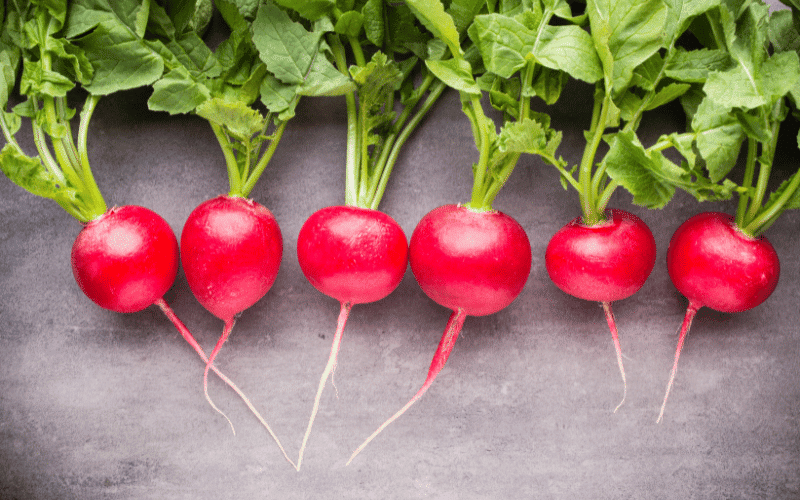12. Radishes: The Crunchy, Low-Potassium Vegetable for a Renal Diet

Radishes are a low-potassium vegetable that can add a burst of flavor and crunch to your renal diet. They are high in antioxidants and contain essential nutrients, such as vitamin C and folate. Radishes also have a low glycemic index, making them a suitable choice for individuals with kidney disease who need to manage their blood sugar levels.
One of the main advantages of radishes for those with kidney disease is their low potassium content. Maintaining potassium intake is essential for individuals with impaired kidney function, and radishes provide a safe and nutritious option for incorporating vegetables into your diet without exacerbating potassium levels. Additionally, radishes are low in phosphorus, another mineral that those with kidney disease need to manage.
Radishes are also a good source of dietary fiber, which is essential for maintaining healthy digestion and preventing constipation. Constipation can worsen kidney issues, so it’s important to include fiber-rich foods like radishes in your renal diet to promote regular bowel movements and reduce the buildup of toxins in the body.
Another benefit of radishes is their high antioxidant content. They contain compounds such as vitamin C and anthocyanins, which help protect the body from oxidative stress and inflammation. Chronic inflammation can contribute to kidney damage, so incorporating antioxidant-rich foods like radishes into your diet can help protect your kidneys and slow the progression of kidney disease.(12)